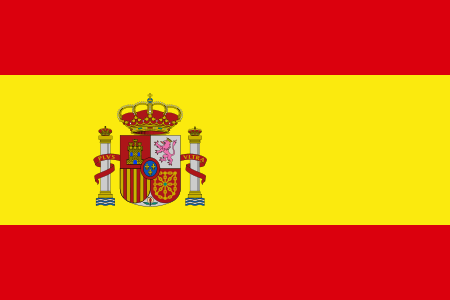Microsoft’s fee increases for Bing use may put this Google alternative out of business
Si es fanático de DuckDuckGo, el motor de búsqueda centrado en la privacidad que compite con Google, es posible que se sienta decepcionado al saber que depende en gran medida de Bing, el producto rival de Microsoft. Y según un informe reciente de The Information, Microsoft planea aumentar las tarifas que cobra a DuckDuckGo y otros motores de búsqueda de terceros por usar su índice web y sus anuncios.

This could spell trouble for DuckDuckGo, whose popularity has been steadily growing as more users seek alternatives to Google’s dominance and data collection practices. DuckDuckGo claims to have more than 100 million daily searches and make money by serving contextual ads that do not track users’ personal information.
However, if Microsoft decides to raise its fees significantly, DuckDuckGo may have to pass the costs on to its users, reduce its profit margins, or find another source of data and web ads. None of these options is ideal for a company that prides itself on offering a free, private, quality service.
Microsoft has neither confirmed nor denied the report, but it may be trying to get more revenue from its search business, which has been lagging behind Google for years. Bing accounts for about 7% of the global search market share, compared with Google’s 92%, according to StatCounter. Microsoft also faces competition from Amazon, which has been expanding its own search advertising business.
DuckDuckGo is not the only search engine that could be affected by Microsoft’s move. Other smaller players, such as Ecosia, Qwant and Startpage, also use Bing’s web index and ads to some extent. These search engines have different features and values, but they all share a common goal: to challenge Google’s monopoly and offer more choice and privacy to users.
It is unclear how much Microsoft will increase its fees and when the changes will take effect, but it is likely that some negotiations are taking place between the parties involved. Hopefully, they will come to an agreement that will allow these alternative search engines to survive and thrive in the marketplace. Otherwise, users could lose some of the diversity and innovation they deserve in the online world.
Ecosia is a search engine that focuses on sustainability by using its profits to fund tree planting campaigns. In an interview at the Web Summit conference in Lisbon, Ecosia CEO Christian Kroll highlighted several challenges facing his nonprofit search organization beyond Google’s dominant position in the search market.
A major challenge is the difficulty users face in changing their default search engine, particularly in various web browsers. Kroll mentioned that it is generally too complicated across browsers, highlighting Microsoft’s Edge as the most problematic. Humorously, he offered to buy a beer for anyone who managed to set Ecosia as the default search engine in Edge. This difficulty in changing search settings may hinder the adoption of alternative search engines like Ecosia.
Despite the European Union’s efforts, such as the Digital Markets Act (DMA), to regulate and promote competition in the technology industry, Kroll expressed concern about the effectiveness of certain measures. He mentioned that Google’s «Choice Screen,» an Android interface in Europe that allows users to choose their default search engine, has not worked as well as hoped in promoting competition.
Overall, Ecosia faces challenges not only in competing with dominant players such as Google but also in overcoming obstacles presented by the user interface and default settings of various web browsers. The interview reflects the broader struggles of alternative search engines to gain market share and promote sustainability in the technology industry.
In a recent interview, Kroll, founder of Ecosia, expressed his dissatisfaction with Choice Screen, a feature that allows Android users in Europe to select their default search engine. He claimed that Ecosia, a search engine that plants trees with its profits, might have performed better if Choice Screen had been designed differently.
According to a study by the European Consumers Association, the current Choice Screen, which randomly displays five search engines and does not charge them to appear, still favors Google. The study found that 78.4% of participants chose Google in this scenario. However, when the choice screen only showed alternatives to Google on the first page, Google’s share dropped to 76.3%. And when the choice screen added an extra step, showing a brief description of each search engine before confirming the choice, Google’s share dropped to 74%.
Despite these findings, Choice Screen may not have had any significant impact on Google’s dominance in Europe. Statcounter data shows that Google’s share of mobile search in Europe is 96.5%, higher than its 94.8% share in the US.



